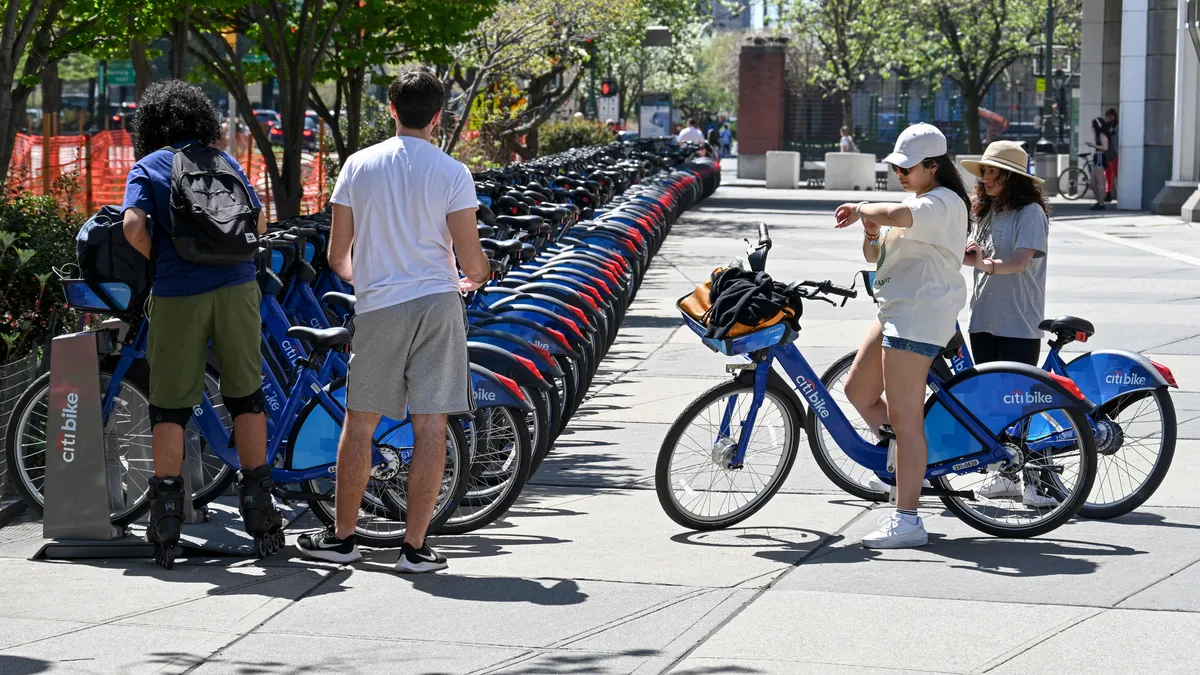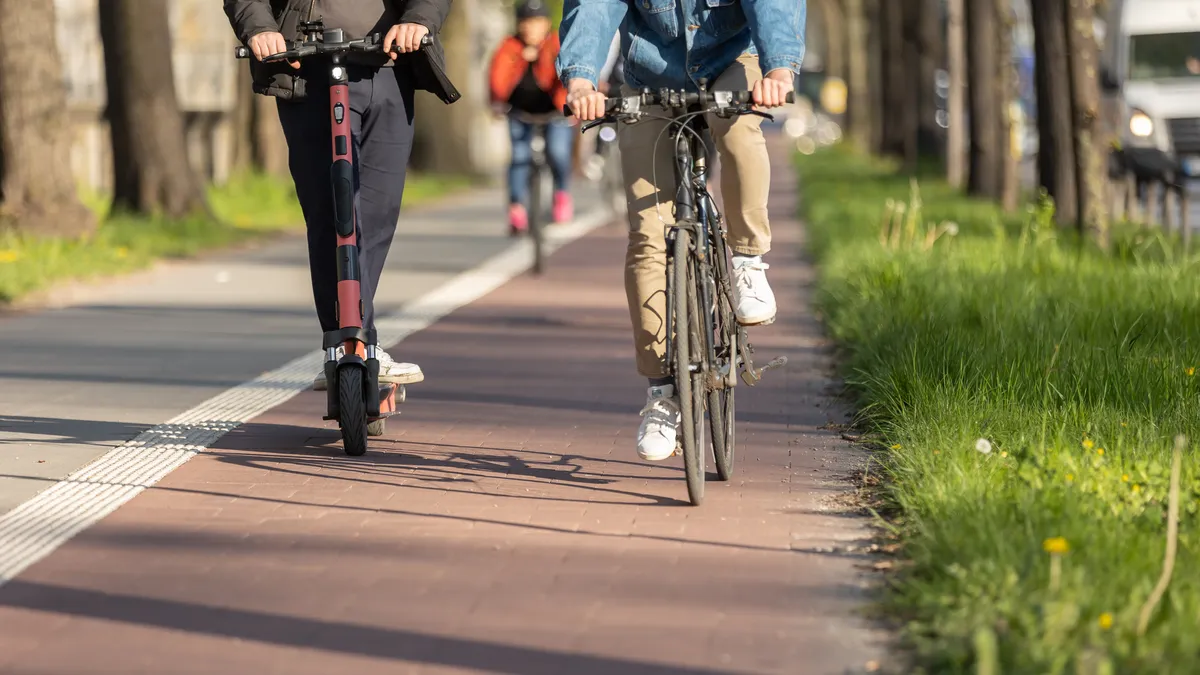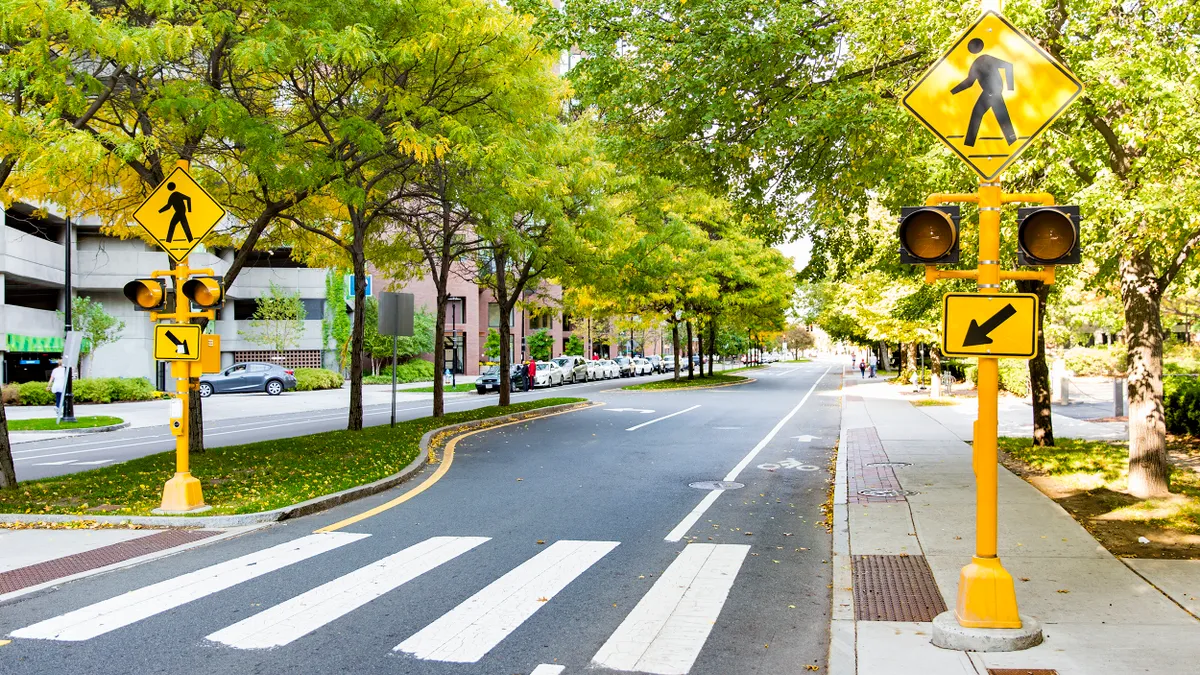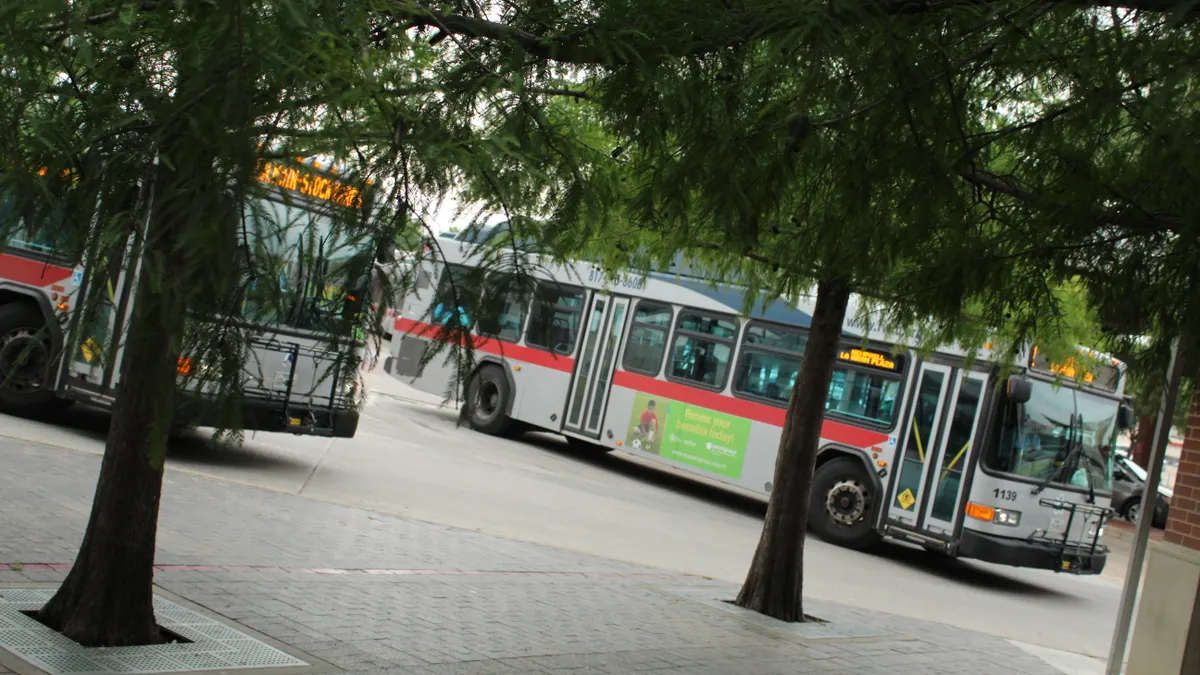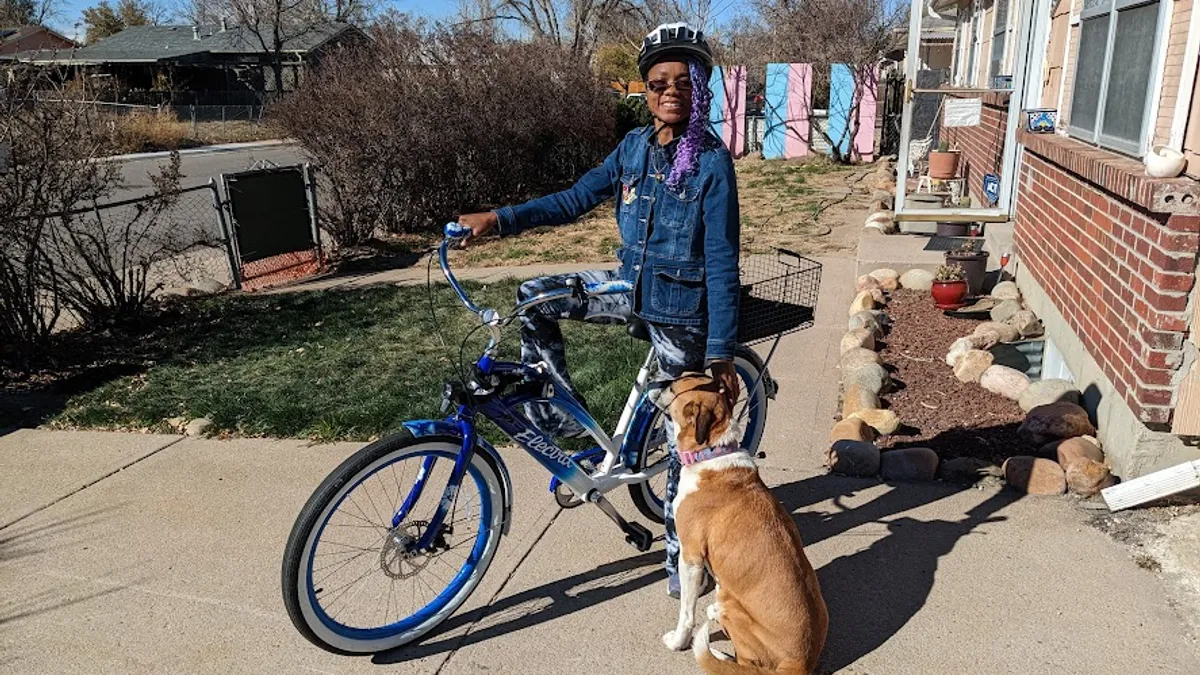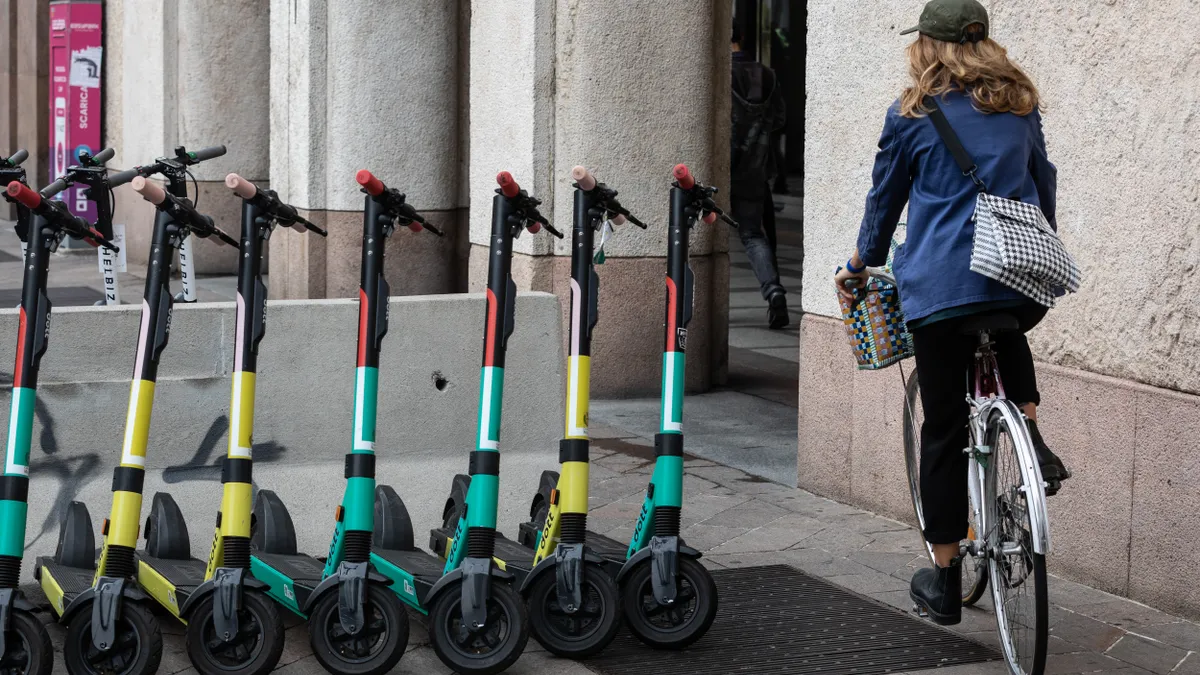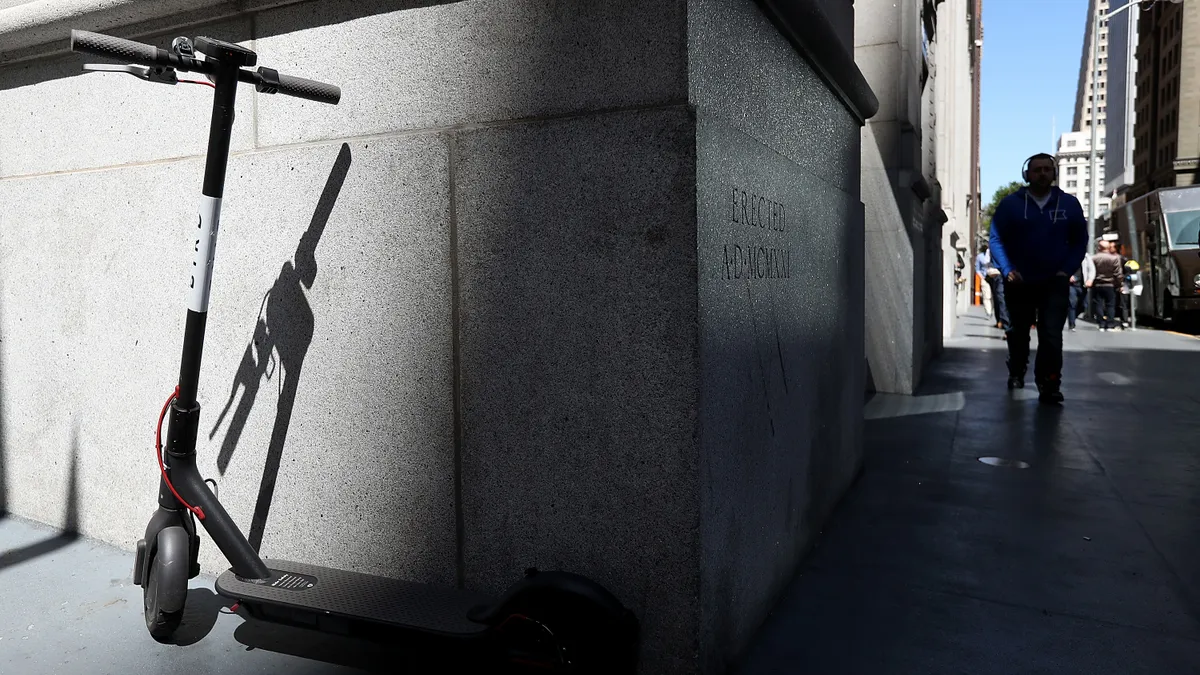It was the best of times and the worst of times in 2023 for bike- and scooter-share providers. Small and large cities across the country worked toward making shared mobility a better choice than driving, according to a report from the Shared-Use Mobility Center. Minneapolis provides 244 miles of bikeways, while the midsize city of Davis, California has 102 miles of bike lanes and some 4,300 bike racks across the city. Denver’s e-bike rebate program led to a measured reduction in car trips by participants.
But the year ended with Bird, one of the largest micromobility companies, declaring Chapter 11 bankruptcy. Superpedestrian shuttered its U.S. shared e-scooter operations, and the Nasdaq on Dec. 18 delisted Micromobility.com, formerly Helbiz, for failing to maintain minimum share prices and equity requirements. Lyft, which operates shared micromobility systems in seven U.S. cities, said in July that it is open to selling or restructuring its bike and scooter business.
The National Association of City Transportation Officials highlighted in a November report the competing forces shaping shared micromobility: growing ridership, increasing costs for users and financial challenges for operators. “To ensure shared micromobility systems continue to grow sustainably and equitably, local leaders must advance safe street design and thoughtful pricing policies in close partnership with operators,” NACTO Executive Director Corinne Kisner said in a statement.
Here are nine stories that follow micromobility’s highs and lows in 2023:



